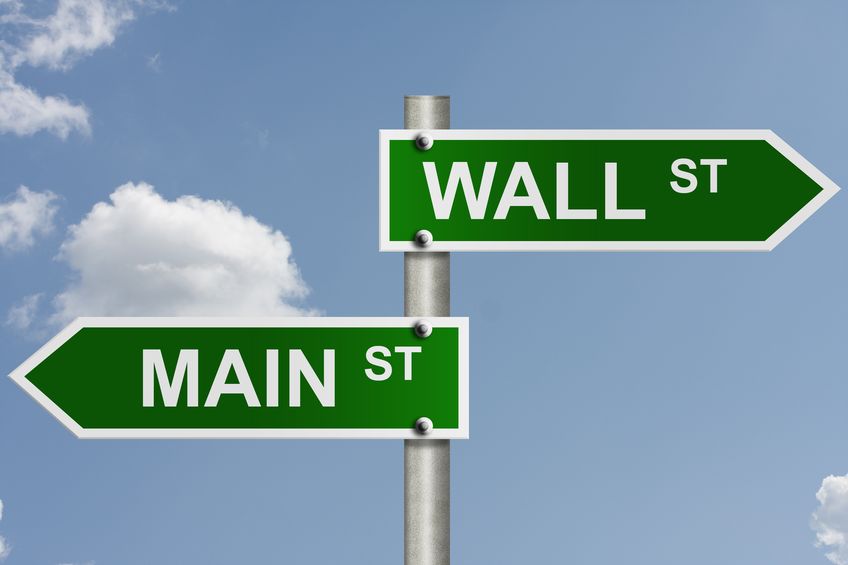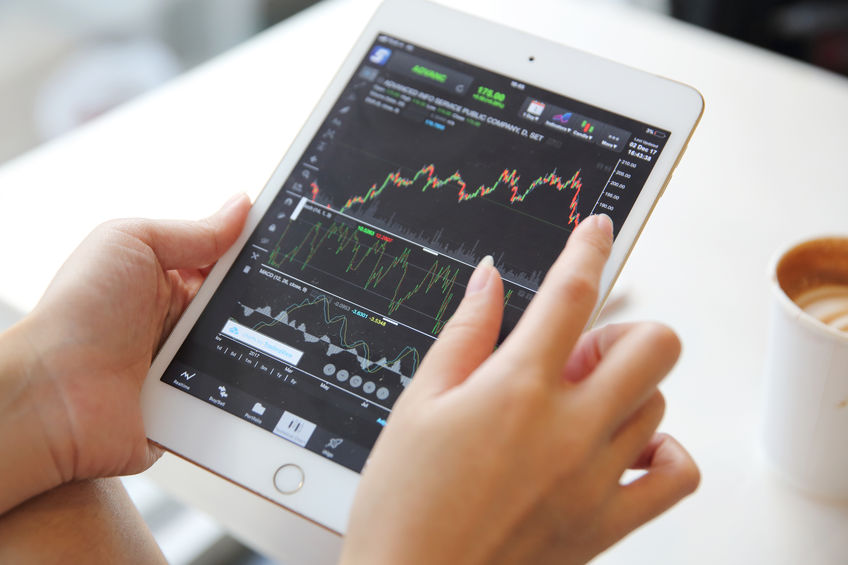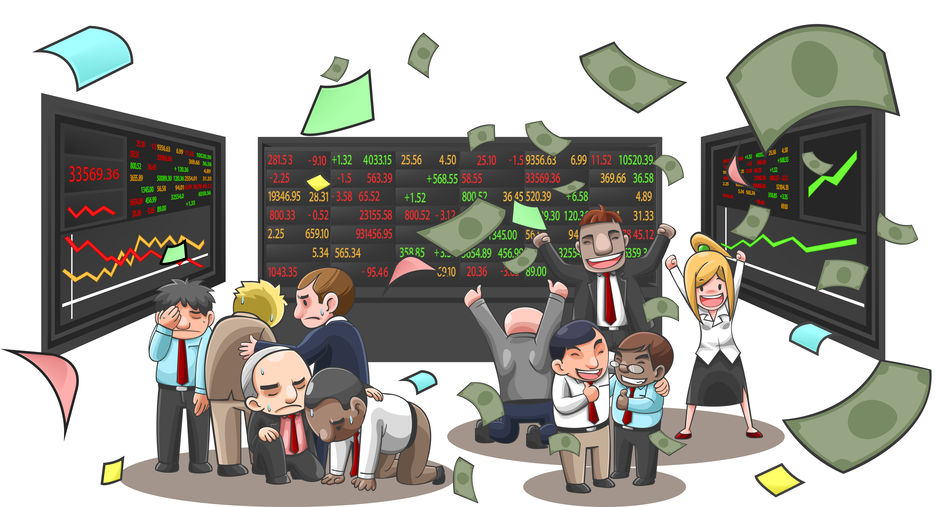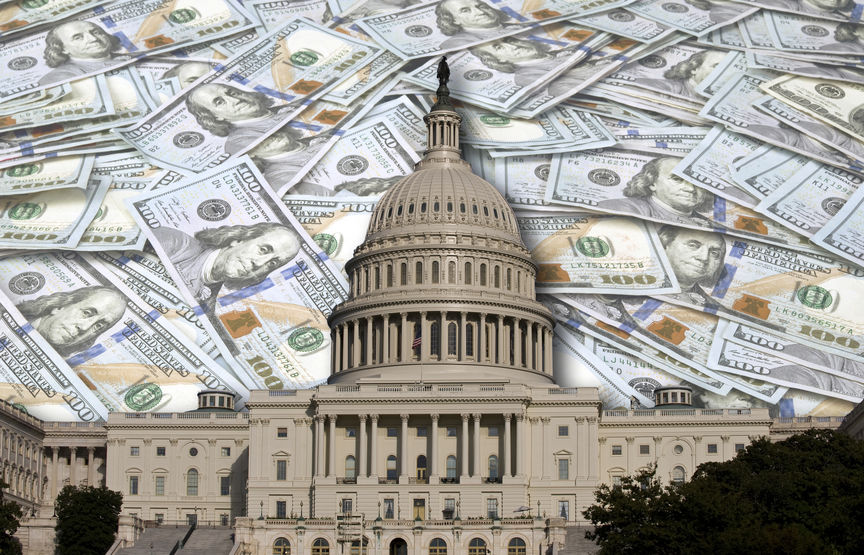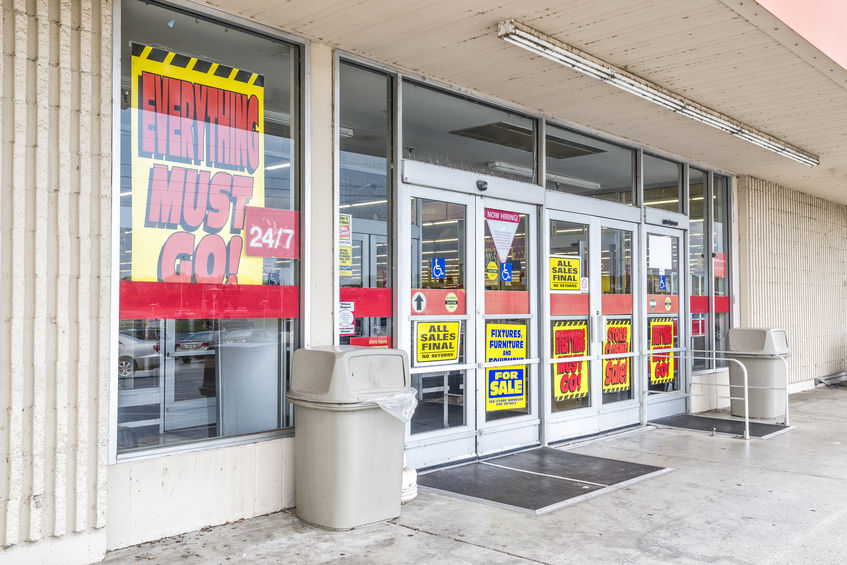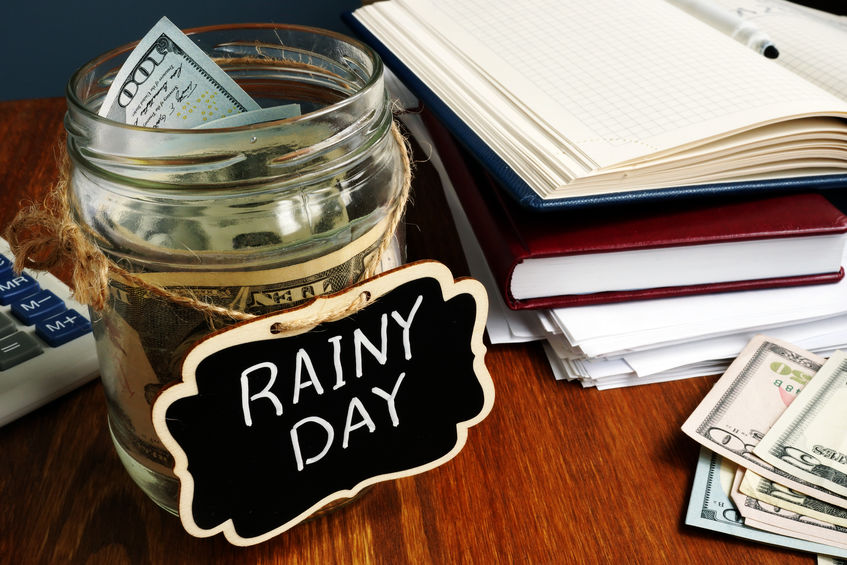Wall Street vs. Main Street is a phrase used to describe the disparity between the average investor and the large financers. It emphasizes the idea that the “little guy” does not have the same advantages of the big Wall Street companies who are able to take advantage of the small investors. Another common metaphor used here is “David vs. Goliath.” However, don’t get discouraged when it comes to investing. There is opportunity in the stock market to reach your financial goals, no matter your level of expertise or resources behind you.
There has been a lot of excitement in financial news recently that can elicit the desire to participate in speculative trading. There are always opportunities for speculation. Maybe it’s a highly anticipated initial public offering (IPO) from a popular company, or a hot stock tip from a co-worker. Whatever the opportunity is, you need to assess if it’s the right thing to put your money into. And you need to determine first, are you investing, or speculating?
How do you know if your investments are performing well? One obvious measure is if you are making money. After all that’s why you invested in the first place. But there are other factors to consider. Are they performing as well as other investment options? Are your gains consistent year over year? What if your investments are down? Could you have done something different? What is a reasonable expected return?
Every four years during the U.S. general election, so much attention is focused on the race for the president of the United States. The campaigns and debates start early. And an important question on the minds of many American citizens is: how will your plan improve my financial future? Presidents and presidential candidates routinely promote their plan to improve the economy, household incomes and issues that directly affect your finances. But how much power does the president actually have to influence and improve your finances?
If you’re in debt, you might be wondering: Should I pay off my debt first before saving and investing? Or, is ok to save and invest while I still have debt payments to make? There is no one right answer. Being debt free and saving money are both important goals. But both compete for your financial resources. To make the choice that’s best for you, you’ll need to look at your own financial condition and prioritize your goals. Here are some things to consider to help you make a plan.
The health of the U.S. economy is vital to our financial wellbeing. When the economy is strong, employment opportunities grow, small businesses thrive, salaries are higher, and our overall quality of life is better. But when the economy is weak, jobs disappear, incomes decline, and many of us may suffer real hardships. So, how does our government try to improve the economy?
Is now a good time to invest in the stock market? This is a common question for investors. The uncertainty and volatility of the stock market can make any investor nervous. And it does not matter if we are at record highs or experiencing a market correction or a bear market. The unpredictability is always there. The reality is, no one can predict the stock market. However, you can manage investment risk without predicting the markets with the investment strategy, dollar-cost averaging.
Several publicly traded companies have filed for bankruptcy this year. Some names are quite familiar: JCPenney, Gold’s Gym, Neiman Marcus, J.C Crew, Hertz Corporation, and many more. What happens to the stock when a company files for bankruptcy? Do shareholders get any of their money back? If you own stock in a company that has filed for bankruptcy, your shares will most likely become worthless. Don’t expect to get any money back. Stock holders are the last in line to recover any assets. The good news is your loss is limited to your investment.
The economic effect of the novel coronavirus pandemic illustrates how important it is to have an emergency fund. Just a few months ago, jobless claims and the unemployment rate in the United States were at record lows. The stock market had record highs. The economy looked fantastic! Then, overnight, everything changed. Businesses were forced to close. New jobless claims soared, and the unemployment rate spiked. Those still employed suddenly face a new level of uncertainty. But you can be prepared. And the best way is to have an emergency fund.
Investing, particularly in the stock market, involves risk. It is unpredictable and volatile. For the average investor, trying to time the market is not feasible. Instead, you can manage risk with the right asset allocation.

